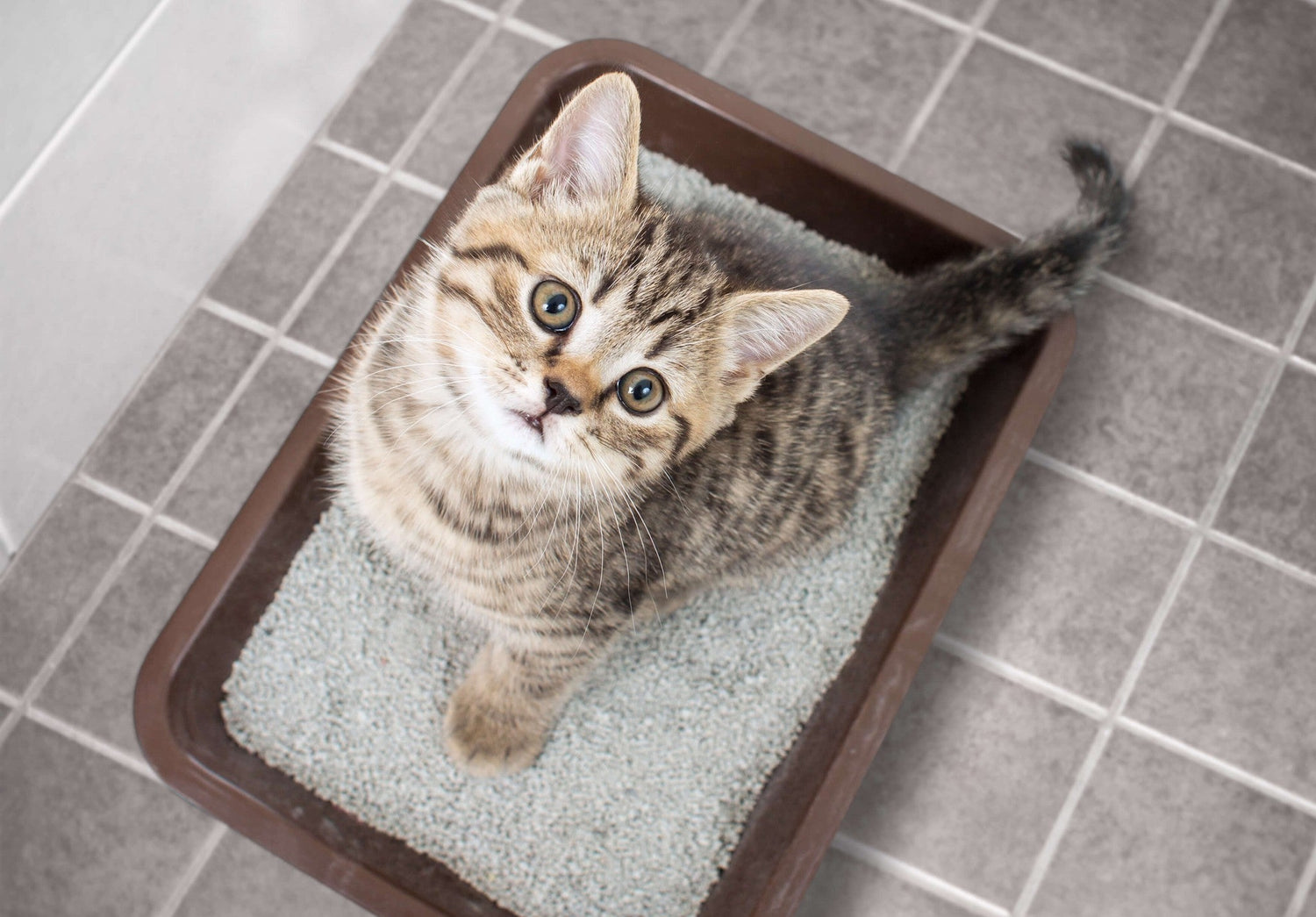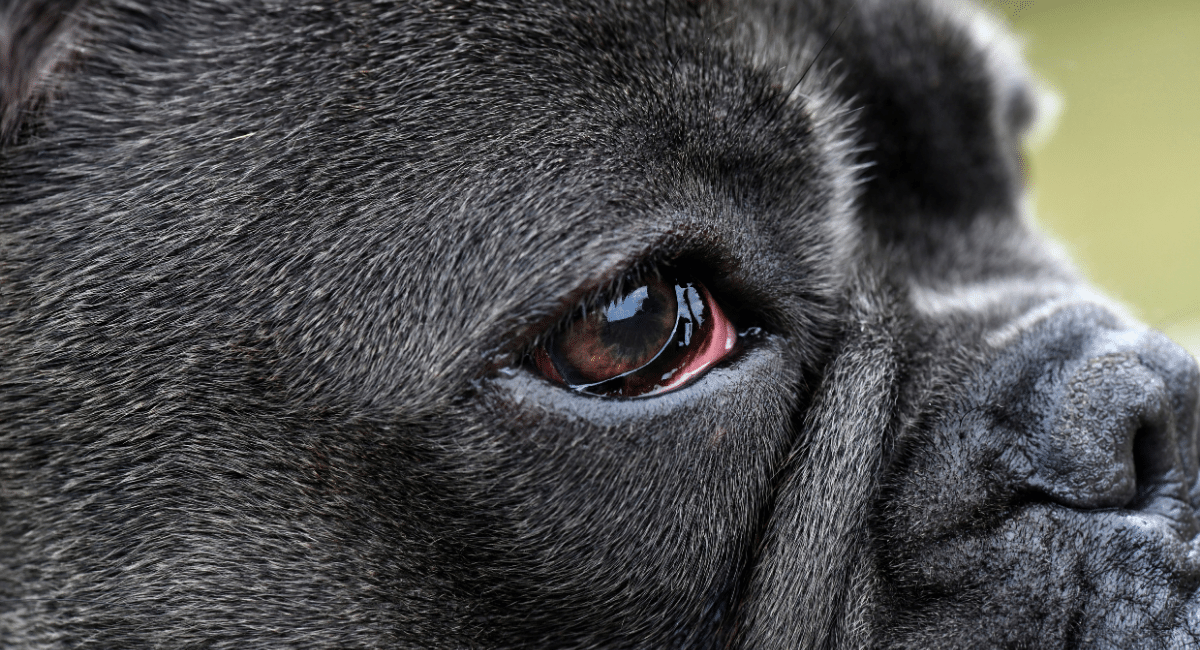Detecting and Treating Kidney Problems in Cats Starts With Knowing the Symptoms.
Do cats with kidney problems hold their pee or urinate more frequently?
As a new cat owner or even a seasoned one that never had to deal with cat kidney issues it may be normal to
suspect that you'll know when your cat has problems because they are in pain and stop peeing, but that is not
always the case. Each cat's situation is different and so are the symptoms of kidney problems.
Some cats
aren't able to hold their pee and start urinating all over the house. At first you may think the cat is upset,
angry or scared. After all, most cats are good at using the litter box properly, as long as they aren’t mad at
you!
But occasionally, you may notice your cat having accidents or purposefully urinating in other places. As much as we love our fluffy feline companions, it can be frustrating when your cat pees outside of the cat litter box, especially if you can't figure out why.
If you've noticed your cat having accidents, it could be a sign of a urinary tract infection or even kidney disease in cats. Other common signs of possible kidney issues include weight loss, a dull coat or even excessive drinking. Determining what's wrong may be a bit of a guessing game which is why we have compiled some helpful information to assist you in figuring this out.
Learning about the function of the kidneys and different kinds of kidney-related illnesses, like bladder or urinary tract infections (UTI), kidney stones and crystals, is a great place to start.
Types Of Kidney Problems In Cats
Lets start with understanding what the kidneys do.
In cats, just as in humans, the main function of the kidneys is to remove waste from the blood stream, regulate the levels of minerals such potassium and sodium, conserve water, and to make urine to expel the waste. Because the kidneys have a lot of capacity, they can continue to function even when parts of them are not working properly. In fact, in many cases you may not even start to see any symptoms until more than two-thirds of the kidneys are deteriorated.
Also, because of all the functions that the kidneys perform, there are also lots of different types of kidney problems that can affect cats at various stages of the disease. Kidney stones and kidney failure are just a few of the serious conditions that, similarly to human, can affect our furry felines. All this makes detecting feline kidney problems early on a bit of a challenge
One way is to start with something simpler, like a urinary tract infection (UTI). Cats that get repeated UTIs should be monitored for early signs of kidney problems.
The following are some other conditions that can lead to cat kidney problems in the future:
- Lower urinary tract infections
- Upper urinary tract infections
- Struvite crystals in the urine
- Bladder infections
- Kidney Infections
- Kidney Fibrosis
- Kidney and Bladder Stones
- Inflammation in the kidneys
- Polycystic Kidney Disease
- Blood Disorders
- Chronic Kidney Disease

Some of these conditions can be easily treated and cured. However, some are incurable.
Many of the
less serious illnesses, if left untreated, can also quickly lead to kidney failure in cats so it's important to
be vigilant.
Causes Of Feline Kidney Problems
While senior cats are among the most likely to contract kidney related
illnesses, cats and kittens of all ages are vulnerable to an extent. Fetch by
WebMD states that "kittens can be born with kidney diseases" and "trauma, toxins and infection are
also causes."
Here’s what causes some of the most common kidney problems:
Cat Urinary System Infections

Many serious feline kidney problems begin with a simple infection of the lower urinary system caused by bacteria.
The MERCK veterinary manual explains that, besides senior cats, those most susceptible to infections of the urinary system include those with urine flow problems or highly diluted urine, diabetic cats, cats with hyperthyroidism, weak immune systems and those with other diseases.
In general, bacterial infections are caused when the bacteria enters through the urethra. After the bacteria has entered the system, infections can settle in the lower urinary tract, bladder, upper urinary tract and even the kidneys. Infections can also take root when fungal, parasitic or viral components enter in the system.
Feline Kidney Infections
According to Pet MD, Pyelonephritis, or kidney infection, "is a bacterial infection of the renal pelvis, the funnel-like part of the ureter in the cat's kidney."
Many times, these infections are caused by an obstruction to the flow of urine, such as kidney stones. Pyelonephritis can also be caused by blood supply issues or damage to the kidney valves.
Kidney infection in cats can also occur when microbes from a lower urinary tract infection cause bacteria to spread to the upper urinary tract.
Kidney Fibrosis
Kidney Fibrosis is a serious condition that occurs when certain proteins are produced excessively and build up in the kidneys. These proteins, known as extracellular matrix proteins, according to SouthernBiotech, exist as "structural scaffolding to surrounding cells."
Kidney Fibrosis usually occurs in the final stages of a cat with chronic kidney disease (CDK) where the impairment of renal the function often leads to kidney failure.
Interstitial Nephritis
Familydoctor.org reports that Interstitial Nephritis, or inflammation of kidneys, occurs when "the spaces between tubules (small tubes) inside the kidney become inflamed."
When these spaces are inflamed, the kidneys are unable to function at full capacity. This failure in the system makes it impossible for the kidneys to properly filter out waste.
If treated quickly, Interstitial Nephritis should not lead to kidney disease. However, untreated, it can be serious, and older cats are at a higher risk of having this condition develop into chronic kidney disease.

Kidney Stones And Bladder Stones
Kidney stones in cats are one of the more common causes of kidney infections.
In an article from the Cornell Feline Health Center, Richard Goldstein, DVM explains that kidney stones form from naturally occurring calcium oxalate when there is too much of this mineral in the urinary system. The minerals form crystals, and the crystals sometimes form larger masses known as kidney stones.
Bladder stones are similar to kidney stones, but they can be made from struvite or calcium, and they generally either remain so small that they go undetected, or grow so large that they cause severe pain, internal bleeding or complete urinary blockage. In severe cases, bladder stones must be removed through surgery.
Blood Disorders And Diseases
Several blood disorders and diseases can also cause major kidney problems. Blood diseases can develop when blood is not filtered properly. This can cause a build up of toxic levels of otherwise harmless and naturally occurring proteins, minerals, acids and other waste products.
Some of the blood disorders and diseases that may relate to kidney problems in felines include Acidosis, Glomerulonephritis, Sepsis, Urosepsis and Hepatitis.
Chronic Kidney Disease
Chronic kidney disease (CKD), also sometimes called Chronic Renal Disease or Chronic Kidney Failure in cats, is a condition in which a cat’s kidneys eventually stop working over time.
CKD can develop for a number of reasons, but often the exact cause is indeterminable.
International Cat Care explains that biopsy reports reveal that Fibrosis and Interstitial Nephritis are often present in diseased kidneys of cats with end-stage CKD, but that these issues "do not tell us anything about the underlying cause."
The Goddard Veterinary Group reports that the most common cause of the disease is "degeneration due to old age and a high protein diet." In other words, most cats that have Chronic Kidney Disease get it because they have outlived their prime. As carnivores, all cats need a lot of protein in their diets - however, as they age, their kidneys have to work harder to filter out excess proteins, acids and other toxic waste.

A few other conditions that are not covered here, but that may also lead to CKD, include:
- Benign or cancerous tumors
- Birth defects
- Polycystic Kidney Disease
- Autoimmune disorders
- Overdosing medication
- Poor nutrition
- Trauma or injury
Symptoms Of Kidney Problems
Kidney problems can show up in different ways - from urinary tract infection all the way to Chronic Kidney Failure and the accompanying symptoms can vary widely as well.
The following is a list of some signs to watch for that can be a symptom of kidney disease in cats. If you notice any of these signs, you should seek consult your vet and get a proper diagnosis. The earlier the proper treatment is started the better.
- Excessive urination
- Failed attempts to urinate
- Urinating outside the litterbox
- Intentional urination elsewhere
- Blood, cloudiness or crystals in urine
- Existing or recurring UTI's
- Highly diluted urine
- Diarrhea or constipation
- Increased thirst
- Dehydration
- Decreased appetite
- Weight loss
- Vomiting
- Bad breath
- Ulcers on tongue or gums
- Brown colored tongue
- Decreased activity
- Lethargy, weakness or depression
- Dry or otherwise poor coat
- Seizures
- Collapse
Treatments For Kidney Problems
Treatments for kidney problems will vary depending on the condition itself and the severity of the condition. CKD is not curable, but symptoms can be treated to make your cat more comfortable.
Vets treat some conditions, like infections, with antibiotics. More serious conditions, like bladder stones or Kidney Disease, may be treated with surgery or antibiotics, IV fluids and diet.
Fetch by WebMD advises that a diet that is "low in both phosphorus and protein, and is enriched with vitamin D and omega-3 fatty acids," is the best choice for a cat with kidney problems.
Natural Options for Feline Kidney Support
Besides changing your cat's diet, you may want to use some natural, homeopathic treatments, especially if you are
unable to get to the vet. These supplements can be used to help an infection or for ongoing kidney
support.
Some treatments we recommend to help relieve pain, support kidney function, and reduce stress
include the following:
1. Urinary Tract Infection and Kidney Support Remedy for Cats
These easy to use pills for cats are all natural, chemical-free and support overall feline kidney health.
Formulated with select plants and
minerals, this special formula reduces the frequency and occurrence of urinary tract infections and
helps filter and flush out toxins, making the job of the kidneys easier and not so taxing. The remedy
also clears up crystals in the urine, aids in passing of kidney stones and relieves inflammation.

2. Immunity Boost for Cats
For cats that have a weakened immune system or get constant and recurring infections, the BestLife4Pets Immunity Boost remedy can help.
This powerful, yet gentle on the tummy supplement can help strengthen your cat's immune system and aid in fighting off stubborn, and recurring infections. If your frisky feline is not feeling well, or can't seem to shake off that cold or congestion, this natural remedy can help provide the boost and support they need.

Cat urinary tract infections can be helped with a number of natural and traditional medications, but if the infection recurs it can lead to more serious kidney issues that can impact your cat's entire life.
Not all feline kidney problems are life-threatening, but whatever the issue, if your kitty is not acting like their usual self or is displaying one or more of the symptoms discussed above it is important to get them looked into and taken care of right away.



